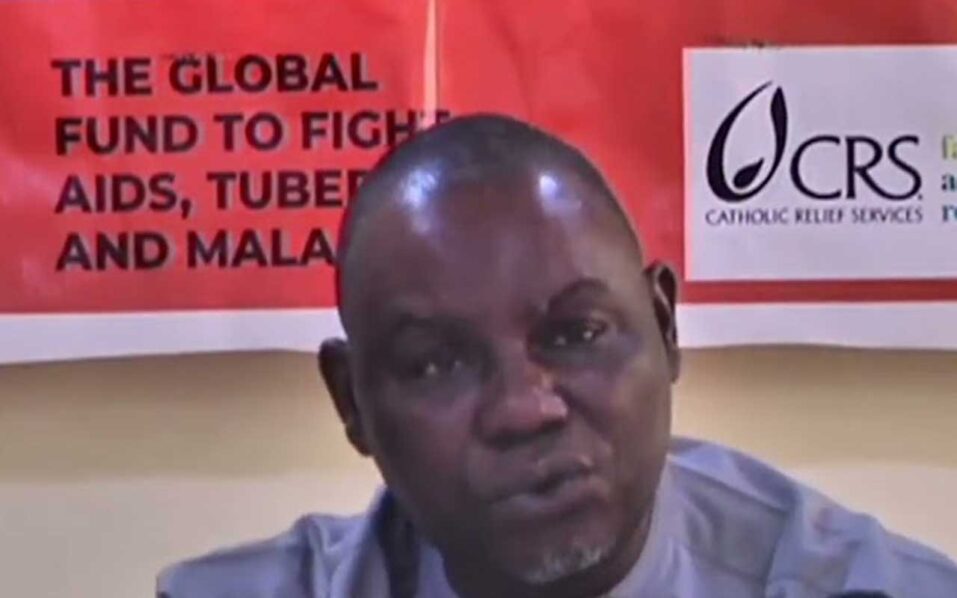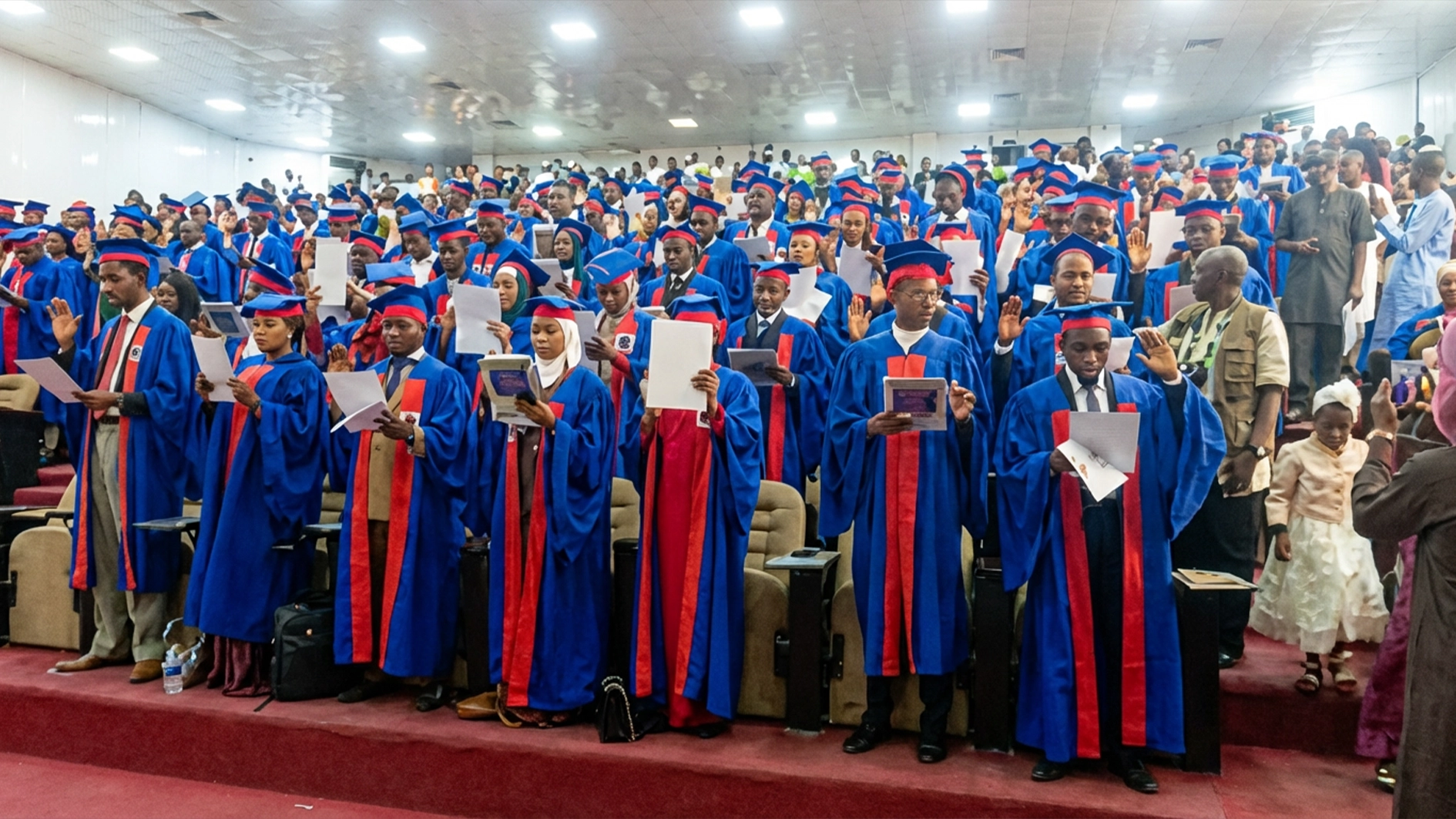
Ahead of the Christmas and New Year celebrations, the Civil Society in Malaria Control, Immunization and Nutrition (ACOMIN) has urged Nigerians to foster a collective sense of responsibility, and action toward combating malaria and ensuring healthier communities.
The group said limited access to healthcare services, and inadequate vector control measures, such as the use of insecticide-treated bed nets, proper environmental management and indoor residual spraying are hampering progress in controlling and eliminating the high burden of malaria in the country.
According to the 2024 World Malaria Report, Nigeria has the highest global burden of malaria, accounting for 68,136,000 cases, representing 26 per cent of global malaria cases, 39.3 per cent of global malaria deaths in children under five years, and 30.9 per cent of all malaria deaths globally.
Speaking at the National Media Meeting on the Global Fund Malaria Community-led Monitoring Project, ACOMIN National Coordinator, Ayo Ipinmoye, observed that malaria has remained a serious health burden in Nigeria because the causes have not been addressed.
He said: “The festive season is not only a time for joy and celebration but also serves as a crucial opportunity to enhance awareness about malaria, which continues to affect many communities around the country. Malaria remains a persistent and formidable health challenge.
“We can leverage this time to disseminate crucial information about malaria prevention, treatment, and the importance of seeking medical care through the regular use of insecticide-treated nets (ITNs), indoor residual spraying, environment cleanliness and elimination of stagnant water.”
Ipinmoye said although the global malaria response contributed to averting an estimated 2.2 billion malaria cases and 12.7 million malaria deaths in the period 2000–2023 in the 2024 World Malaria Report, progress towards achieving the Global Technical Strategy (GTS) targets has stalled.
“The report also found that addressing malaria and its effects will require an intersectional approach – one that emphasises gender equality, human rights and health equity, and action on social and environmental determinants of health.
“By understanding and addressing the multiple and intersecting forms of discrimination, countries and their development partners can reduce malaria vulnerability and improve access to preventive and treatment services for those most affected,” he said.
Ipinmoye noted that social and economic circumstances, coupled with environmental factors, can prevent individuals from achieving the highest possible standard of health, adding that their health and well-being may be undermined by poverty, social inequities and discrimination.
He noted that Nigeria also had the highest number of children receiving at least one dose of seasonal malaria chemoprevention (SMC), with 28.6 million children treated per cycle.
Ipinmoye, who stressed that malaria prevention, is a community responsibility, called on community members to become malaria ambassadors by taking ownership of personal and community health, and actively participating in malaria prevention activities.
“We need to work together to protect each other. This means taking proactive steps to protect ourselves and loved ones from malaria, ensuring that the season of joy remains untainted by preventable illness,” he added.
Also, the Executive Secretary of the Country Coordinating Mechanism (CCM) of the Global Fund, Mr Ibrahim Tajudeen, said that many Nigerians unknowingly provide breeding sites for mosquitoes by keeping old car tyres in their compounds and buckets of water uncovered both inside and outside their houses.
Tajudeen urged Nigerians to keep their environment including the gutters clean and adopt preventive interventions to combat the high incidence of malaria in the country.
On his part, the Head of Advocacy, Communication, and Social Mobilisation at the National Malaria Elimination Programme (NMEP), Mr Raphael Onyilo, said countries that eliminated malaria achieved the feat through the support of the media and called for increased support of the Nigerian media to eliminate the scourge of malaria in the country.






